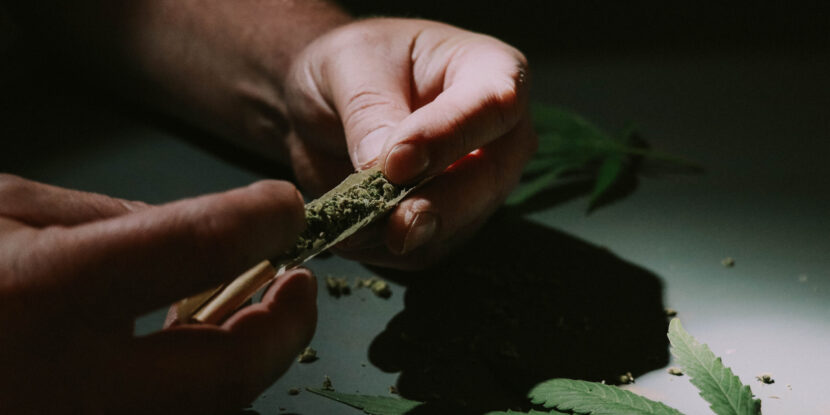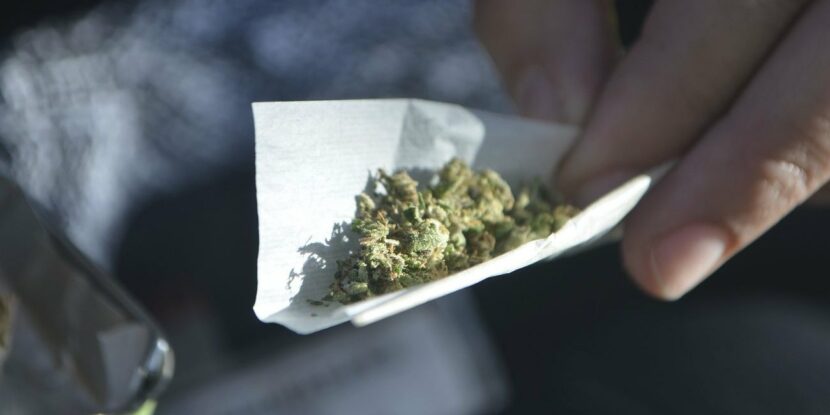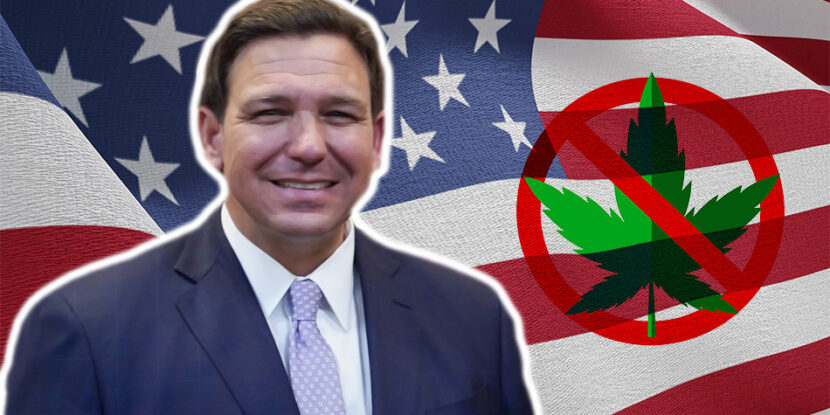❓WHAT HAPPENED: President Donald J. Trump is expected to reclassify marijuana from a Schedule I drug to a Schedule III drug on Thursday.
👤WHO WAS INVOLVED: President Trump, federal health and law enforcement agencies, and lawmakers from both parties.
📍WHEN & WHERE: The reclassification is believed to be planned for Thursday, though the timing could shift.
💬KEY QUOTE: “A lot of people want to see it—the reclassification—because it leads to tremendous amounts of research that can’t be done unless you reclassify,” Trump said.
🎯IMPACT: The reclassification would ease federal restrictions and allow more research on marijuana’s medical uses, but it would not result in full legalization.
President Donald J. Trump is reportedly set to move marijuana from a Schedule I to a Schedule III classification on Thursday, per reports. This change would loosen federal controls and open doors for expanded medical research on the substance, without leading to outright federal legalization.
On the campaign trail in 2024, Trump remarked that he would “focus on research to unlock the medical uses of marijuana [as] a Schedule III drug.” The proposal has garnered support across party lines from legislators who highlight possible therapeutic advantages.
The Drug Enforcement Administration (DEA) describes Schedule I substances, including heroin, as having “no currently accepted medical use and a high potential for abuse.” In contrast, Schedule III drugs—like Tylenol with codeine, ketamine, and testosterone—are viewed as carrying “a moderate to low potential for physical and psychological dependence.”
Specialists point out that the existing Schedule I status has restricted cannabis studies. Dr. Kevin Hill of Beth Israel Deaconess Medical Center observed that shifting schedules creates potential for broader research efforts, stressing that states and cannabis-related businesses should invest more in those studies. J
However, Professor Jonathan Caulkins at Carnegie Mellon University has voiced doubt over the likelihood of major new medical discoveries, saying, “It is hard to imagine that there are many wonderful medical benefits of cannabis waiting to be unlocked by this change because U.S. federal scheduling status, of course, has no impact on the ability to do such medical research in any other country. If there were such benefits, they could have been discovered by any of the other countries with a modern pharmaceutical research base.”
Although CNN reports the shift is slated for Thursday, journalist Kit Maher has quoted a senior White House official noting that “timing could always shift.”
Join Pulse+ to comment below, and receive exclusive e-mail analyses.





